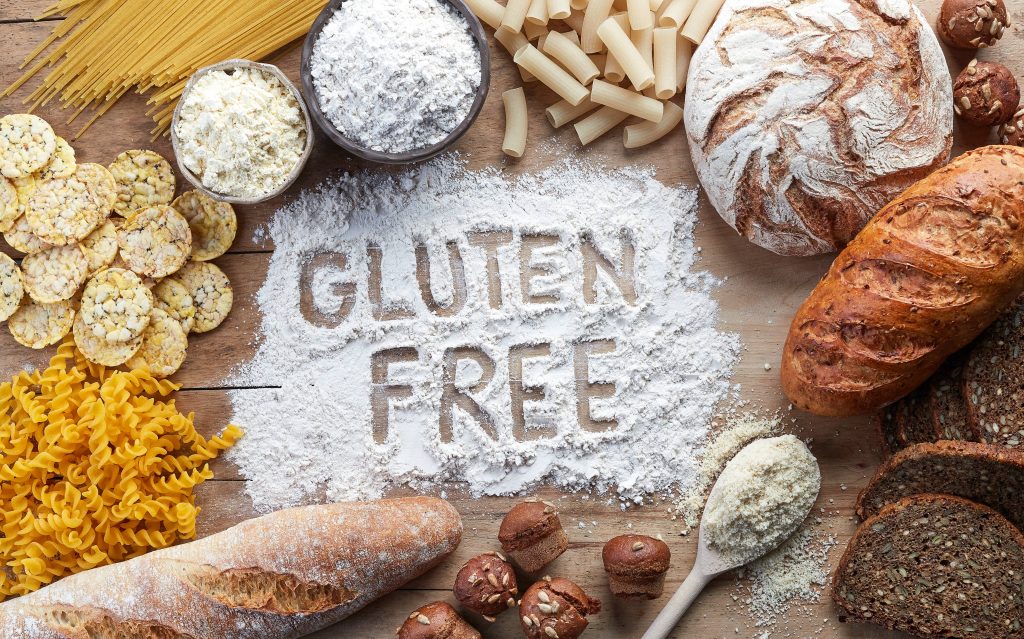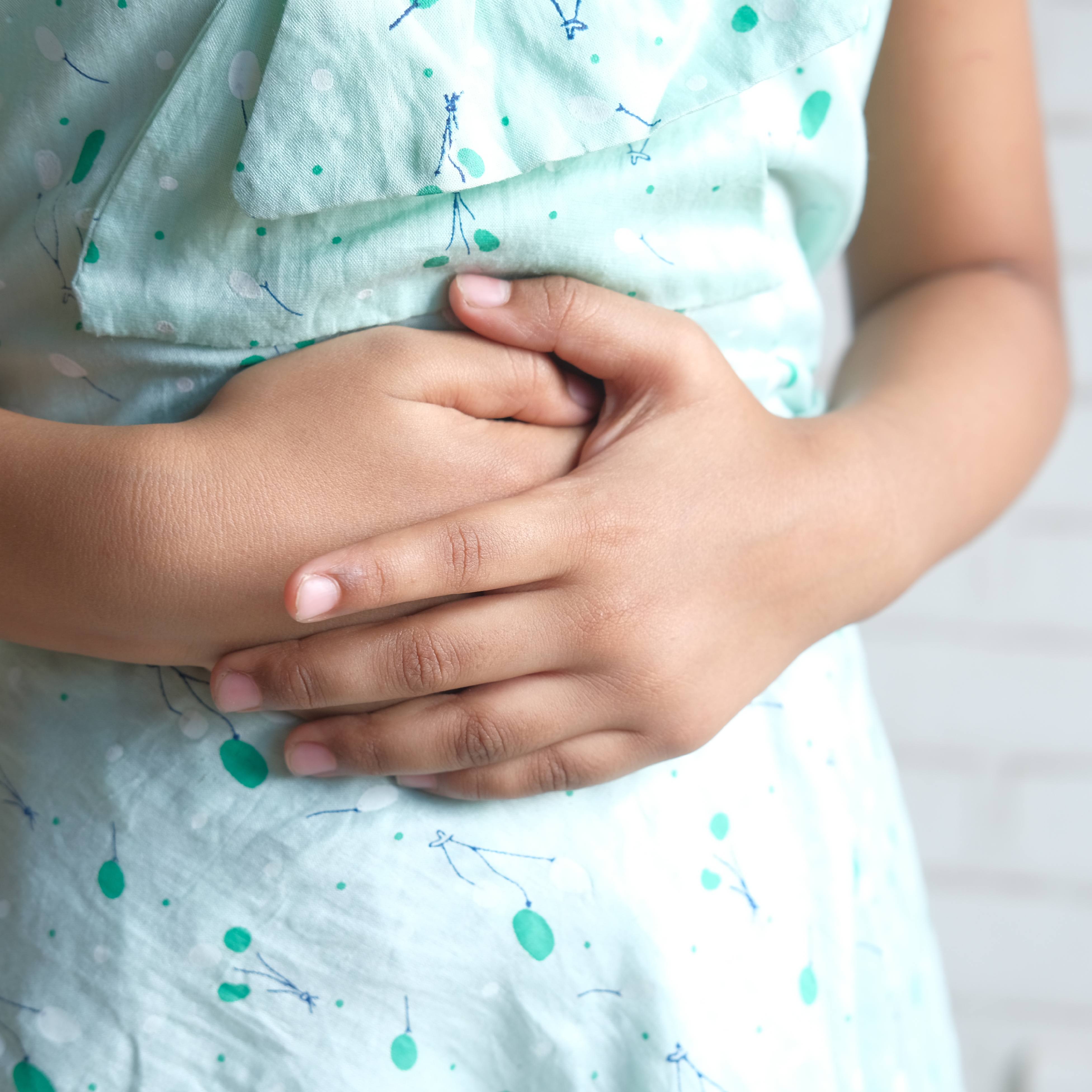-
Gastroenterology
Consumer Health: Are you getting enough grains in your gluten-free diet?

Grains are an important part of a healthy diet. They're a good source of healthy carbohydrates, various vitamins and minerals, and fiber. And they're also naturally low in fat.
But if you have celiac disease, eating plenty of gluten-free grains can be a challenge. Celiac disease, sometimes called celiac sprue or gluten-sensitive enteropathy, is an immune reaction to eating gluten, which is a protein found in wheat, barley and rye.
If you have celiac disease, eating gluten triggers an immune response in your small intestine. Over time, this reaction damages your small intestine's lining and prevents it from absorbing some nutrients. The intestinal damage often causes diarrhea, fatigue, weight loss, bloating and anemia. And it can lead to serious complications.
There's no cure for celiac disease. For most people, though, following a strict gluten-free diet can help manage symptoms and promote intestinal healing.
Learn more about getting enough grains in your gluten-free diet from Dr. Michael Picco, a Mayo Clinic gastroenterologist.
Related Articles







